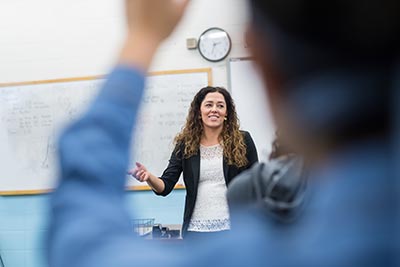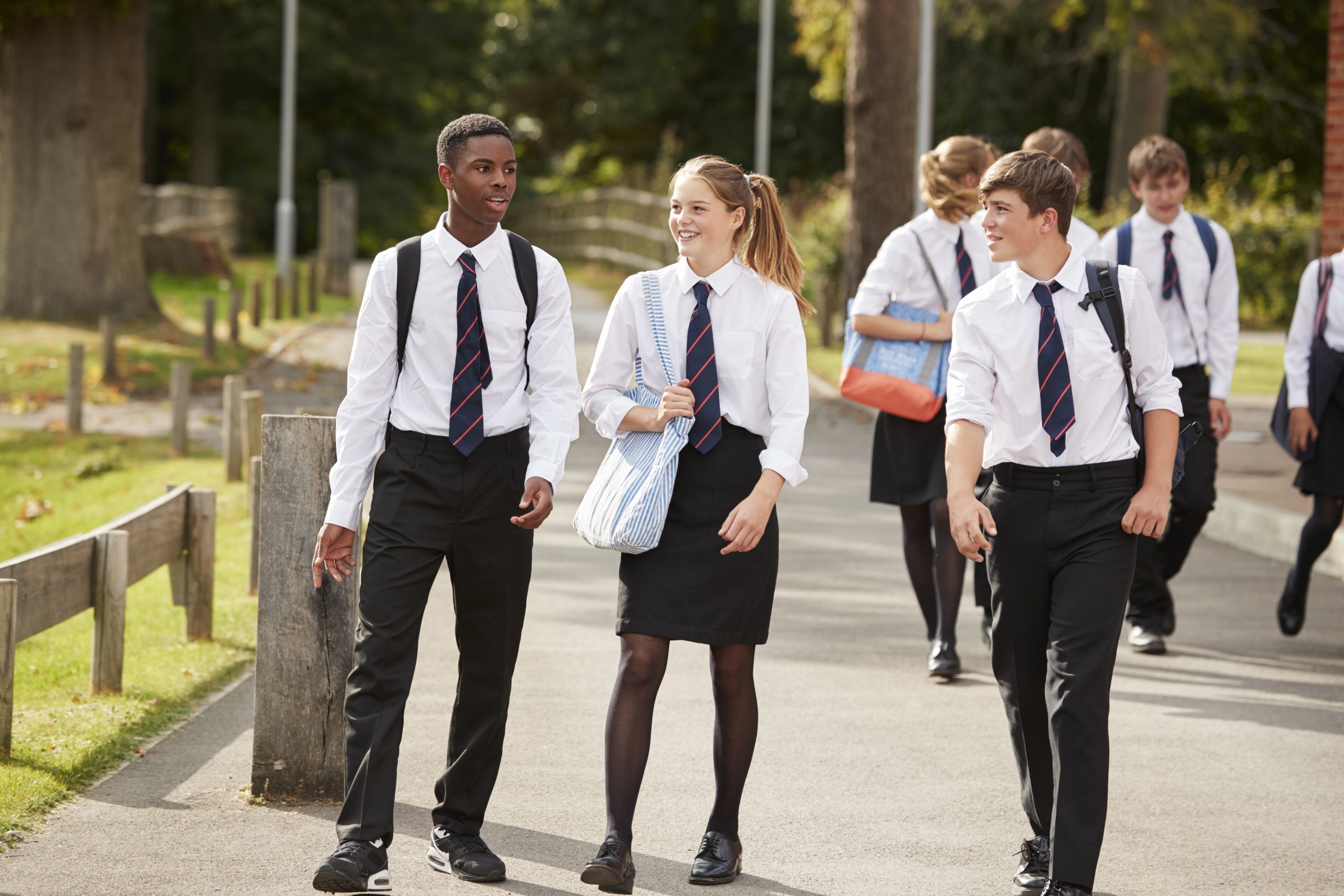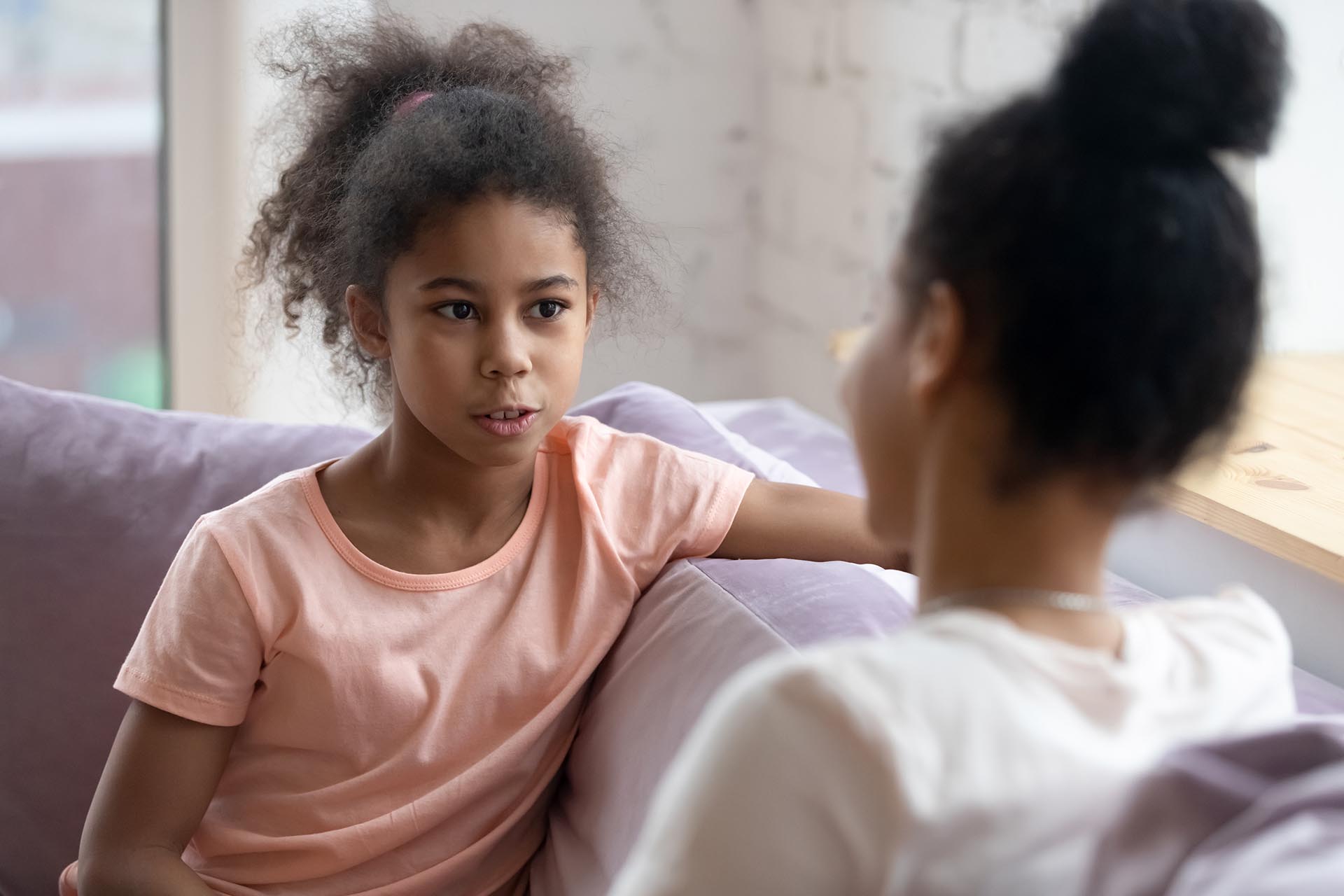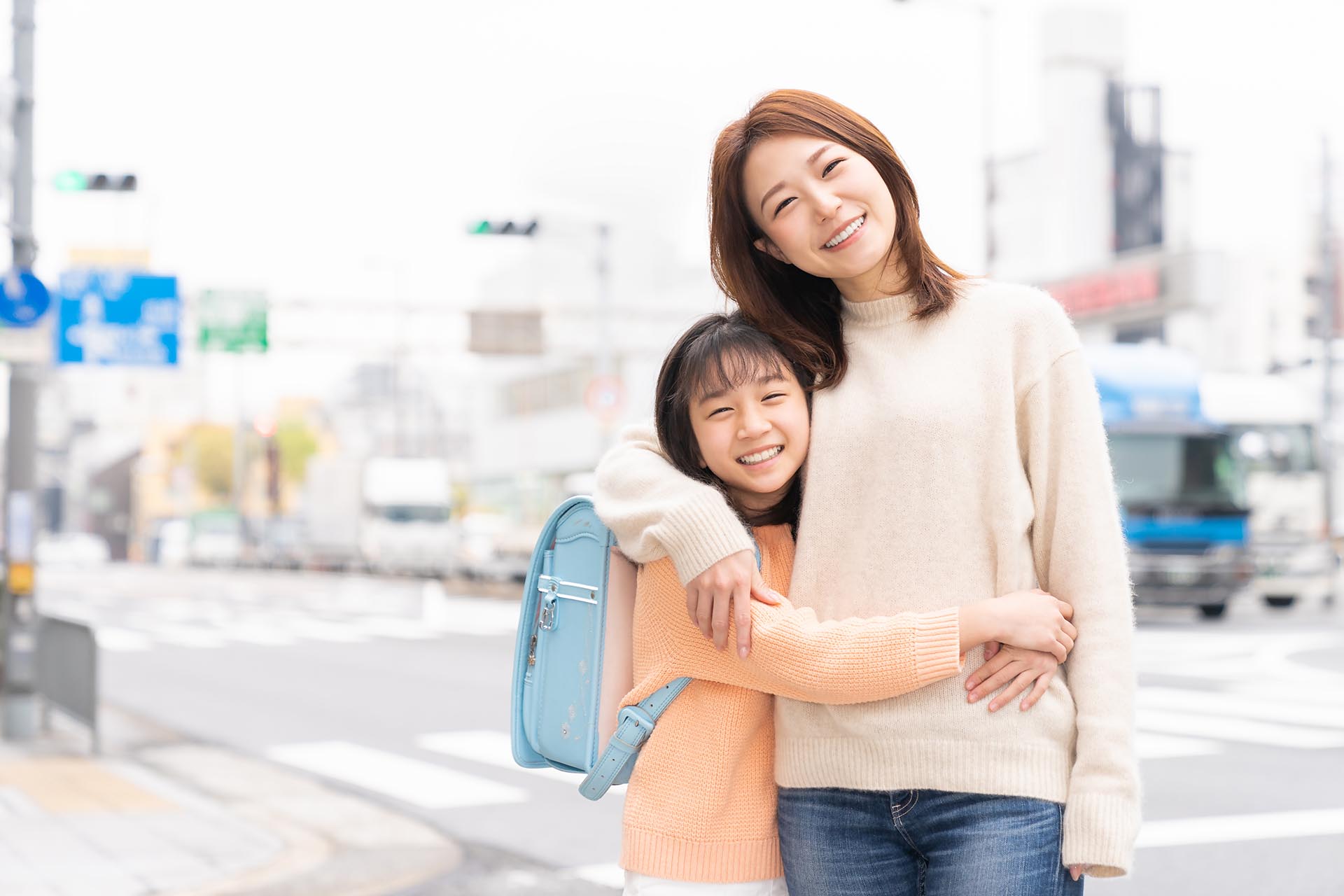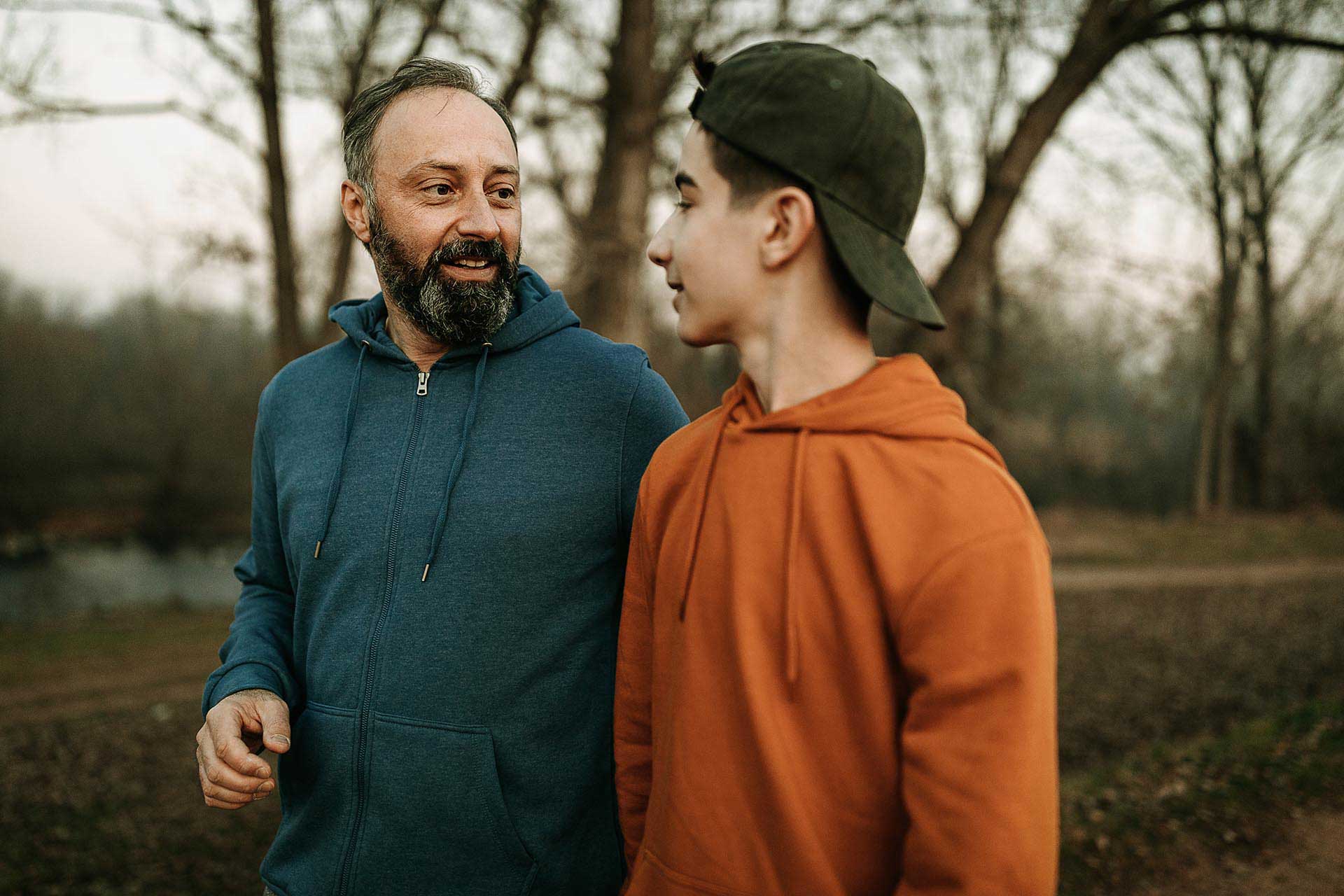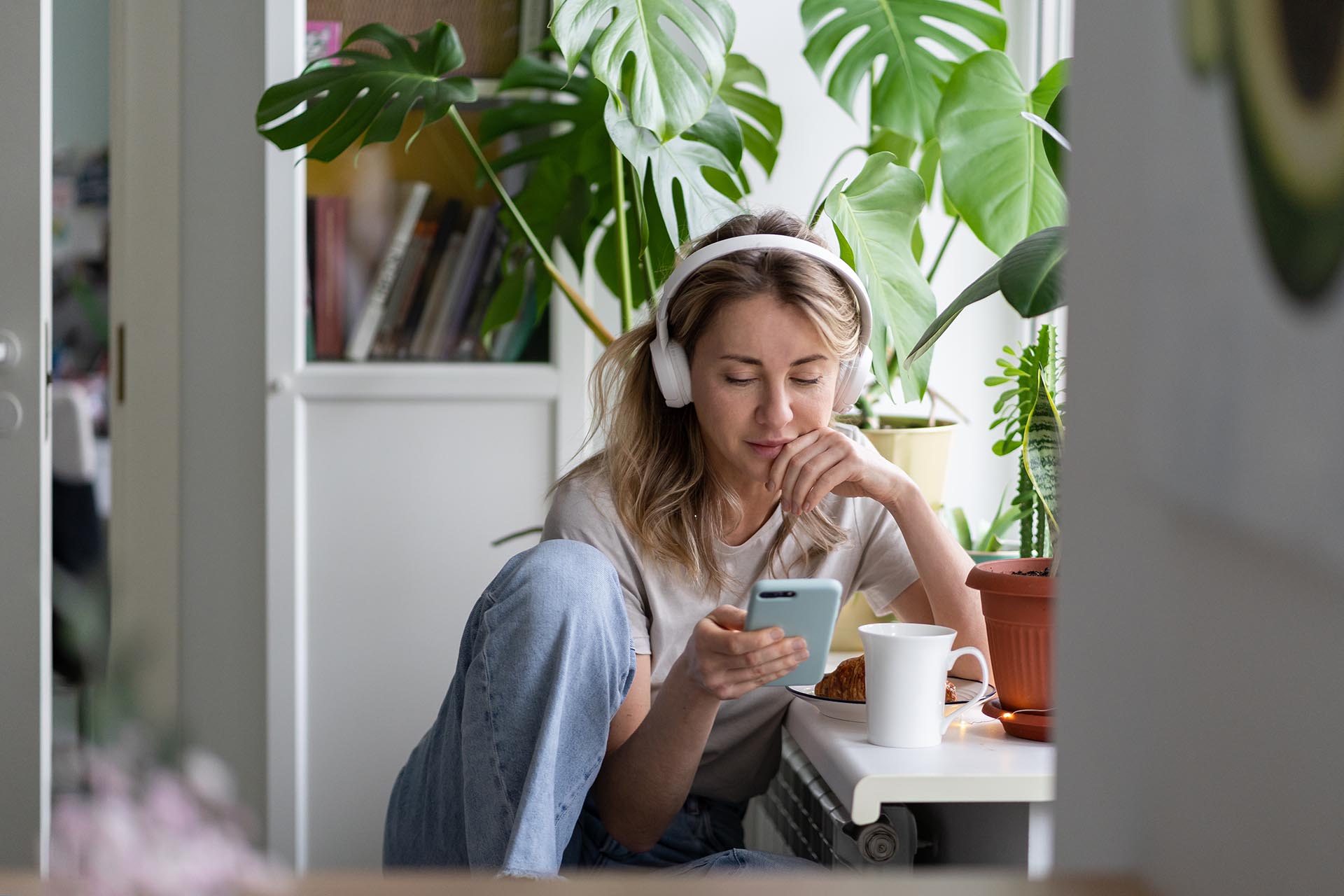What is a ‘trusted adult’ (and why are they so important)?
You might have heard the terms ‘trusted adult’ or ‘safe adult’ thrown around more often in recent years. We know, there are so many topics parents today need to address with their children – do we need another ‘talk’ in the mix? Well, when it comes to trusted adults, we do. It might be just the thing that protects your child from harm.
A trusted adult is someone a child feels comfortable opening up to if they ever feel uncomfortable or if something is upsetting them in their lives. Often, this will include their parents or carers, but it’s important that there are others as well. More people in their safety network means more people they can turn to if something is wrong, and sometimes children might feel better talking to trusted adults who aren’t their parents. Maybe it’s a school issue, so they know their teacher will understand, or it could be something they’re embarrassed to tell their parents about, in which case a school counsellor could help.
Trusted adults might include members of a child’s extended family, such as grandparents, aunties and uncles, or older cousins. They could also be authority figures in a child’s life, such as teachers, school counsellors, principals, or doctors. It’s important as parents that we actually talk about the idea of trusted adults with our kids and get them to think about and identify who their safety network could be. You might like to have a conversation with your child about what qualities they think their trusted adults should have, which could include the following:
- Good listener: someone who listens when you say something and believes you when you tell them things. Someone who asks questions and is interested in what you have to say.
- Caring: someone who puts you first and demonstrates that they care about your well-being.
- Trustworthy: someone who doesn’t break or question the safety rules, or make your child feel they are pushing across a line of some sort. It’s a person we feel safe and comfortable to be around.
- Respectful: someone who is considerate of your feelings and personal space.
- Helpful: someone who helps you find solutions to problems and who can find help for you if you’re ever unsafe or hurt.
- Easy to contact: someone who is easy to contact and find when you need them.
You might say, ‘I know you love me, but you know, I’m not the only grown-up you can talk to if you have any questions or worries. It’s important to have at least five trusted adults you can turn to, and I’d like to think about this together now. Can you think of anyone else you could talk to if you have any problems or questions you want answered? Any teachers you might trust, or your Aunty Serryn or Uncle Leigh? It needs to be someone you are comfortable with, who listens when you talk, respects your body boundaries and never breaks the safety rules. Let’s see if we can name five together’.
Beyond this, it’s vital that our kids know to trust their gut feeling. Only they can know how they feel about other people, so we shouldn’t be the ones choosing their trusted adults for them (although you can help them think about who these might be). Talking about trusted adults should be an ongoing conversation as children grow up; relationships change and people move in and out of their lives.
We know that some trusted adults are the ones who abuse, which is why it’s important for children to have more than one adult they can talk to. It’s also why also need an understanding of body safety, body rules and their right to say no to unwanted touching and any talking that makes them feel uncomfortable or that they know is wrong.
Lastly, you might want to talk to your child about Kids Helpline. This offers a service for your child to talk to a safe adult about anything going on in their lives, no matter how big or small. You can find them online or at 1800 55 1800.
Further reading
- Body Safety Education: A Parents’ Guide to Protecting Children Against Sexual Abuse, Jayneen Sanders
- Why ‘no’ is the most important word in your child’s vocabulary (and how to encourage them to use it)
- Private parts: two clear reasons why we should teach correct terminology
- Our fact sheet, ‘Let’s talk: why parents should talk about bodies, puberty and reproduction’: download now
